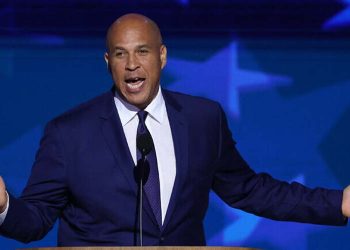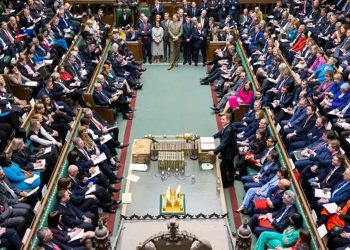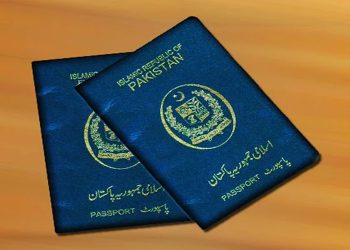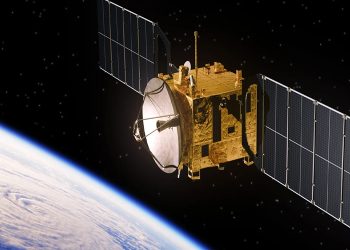NEW DELHI: India’s economy is likely to enter a recessionary phase for the first time ever since independence.
According to a statement by Reserve Bank of India, the Indian economy has shrunk for the second straight quarter (July-September) of the current financial year, with the Gross Domestic Product (GDP) expected to contract by 8.6 percent.
“India has entered a technical recession in the first half of 2020-21 for the first time in its history,” said an article by a group of economists including central bank’s deputy governor Michael Patra, in-charge of monetary policy, pushing the country into an unprecedented recession.
A country’s economy is said to hit a ‘technical recession’ when its GDP growth is negative for two consecutive quarters or more. India’s economy had contracted by an unprecedented 23.9 percent in the first quarter (April-June) of this financial year, after being hit by the coronavirus pandemic and subsequent economic slowdown.
However, the RBI noted that the contraction is “ebbing with gradual normalisation in activities and expected to be short-lived”. Many Indian consumers cut back on spending as millions lost their jobs preferring to keep cash. Preliminary estimates showed an increase in household financial savings to 21.4 percent of GDP in April-June, up from 10 percent in January-March. The bulk of these savings were bank deposits.
Besides the contraction in economy, the central bank also flagged the downside risk of high inflation in the coming months. Retail inflation in September rose to 7.34 percent the highest since January.
The central bank said that the second wave of COVID-19 can have an effect on collapsing external demand, while the stress in households and corporations ran a risk of spilling over to the financial sector.





































